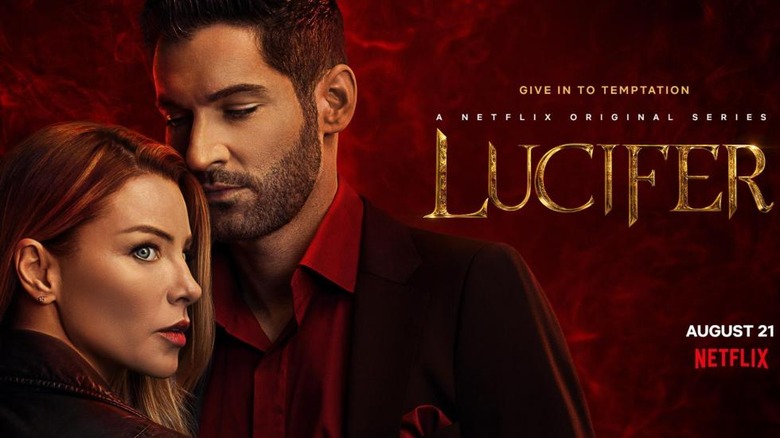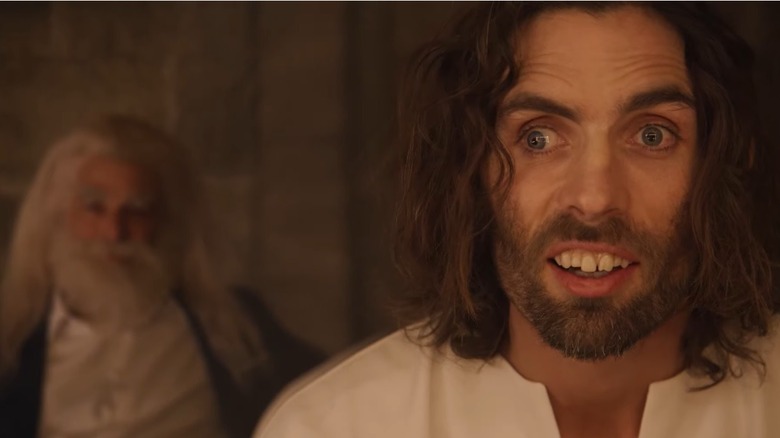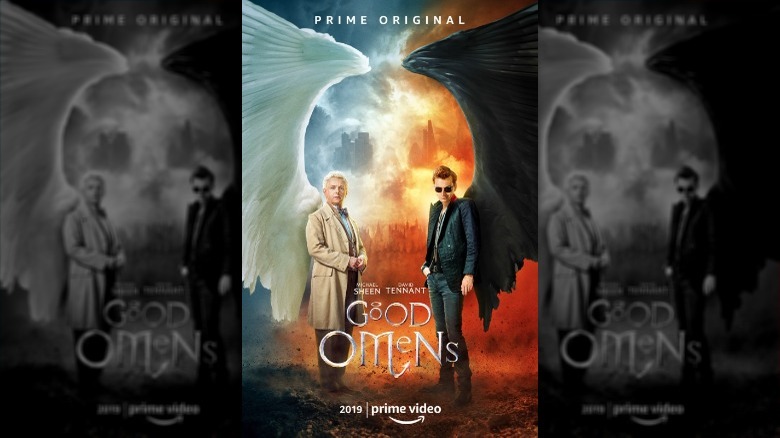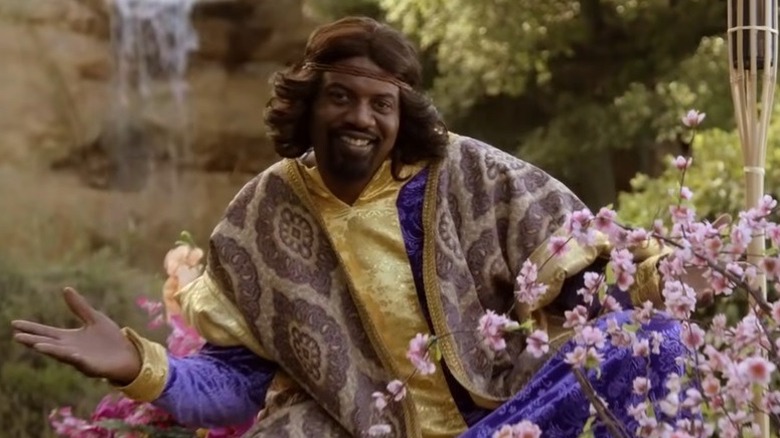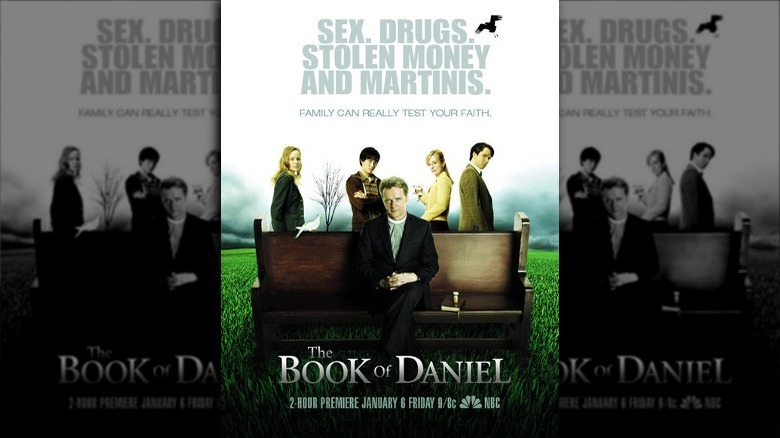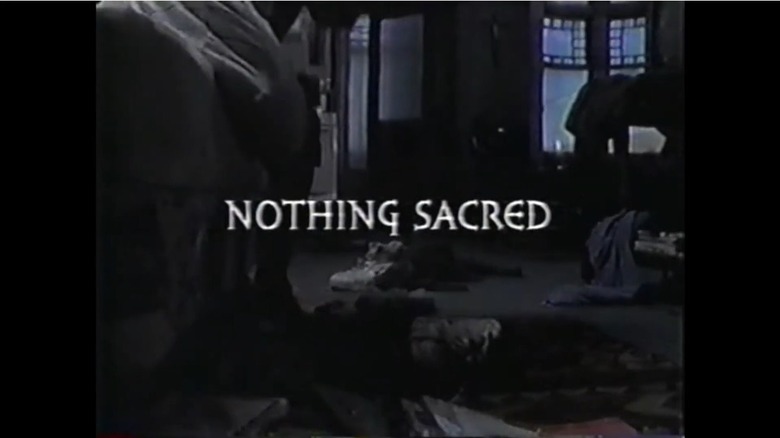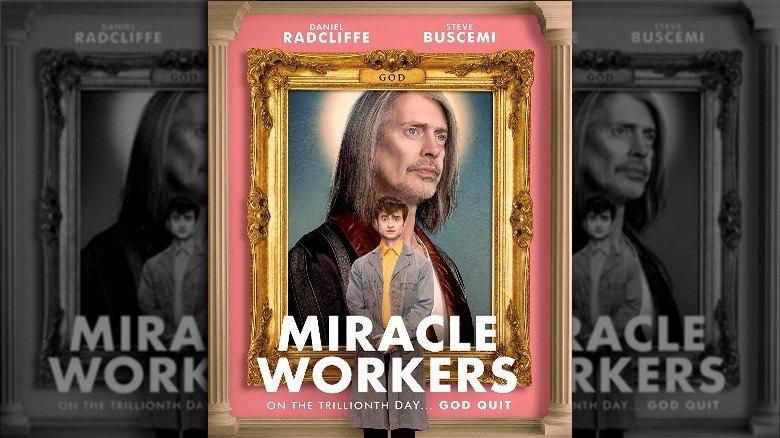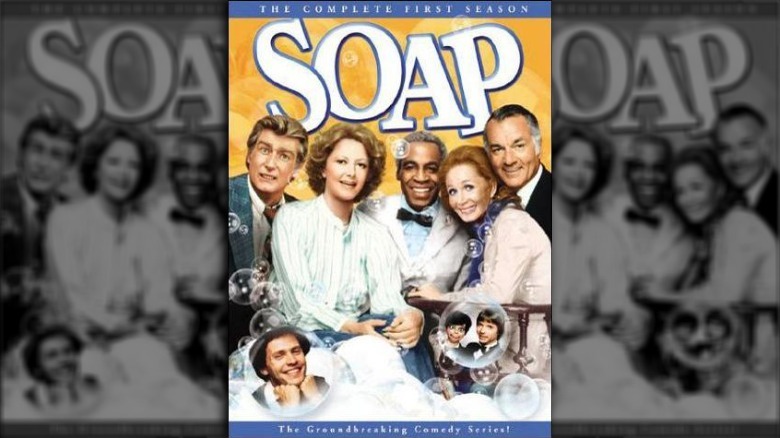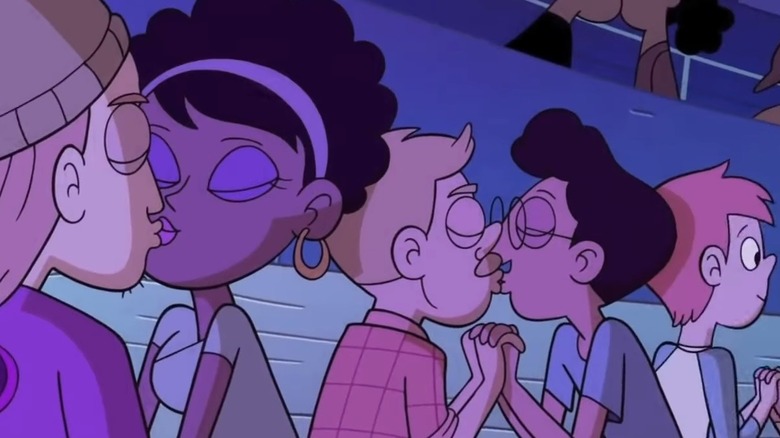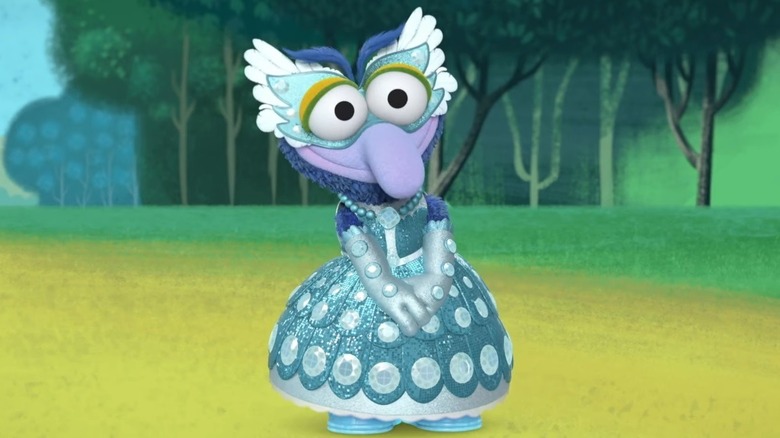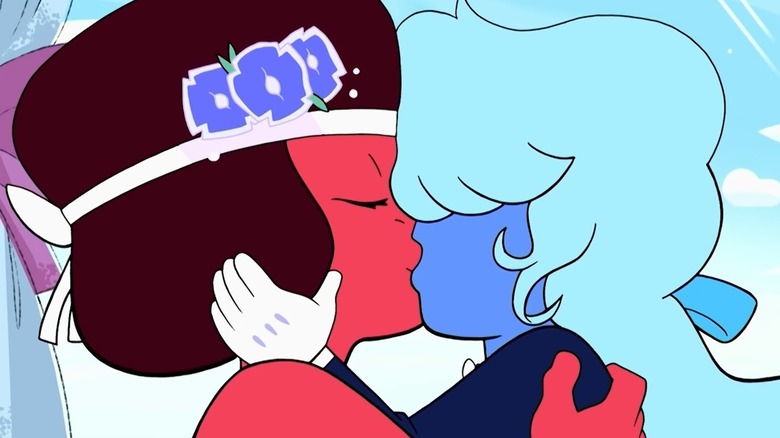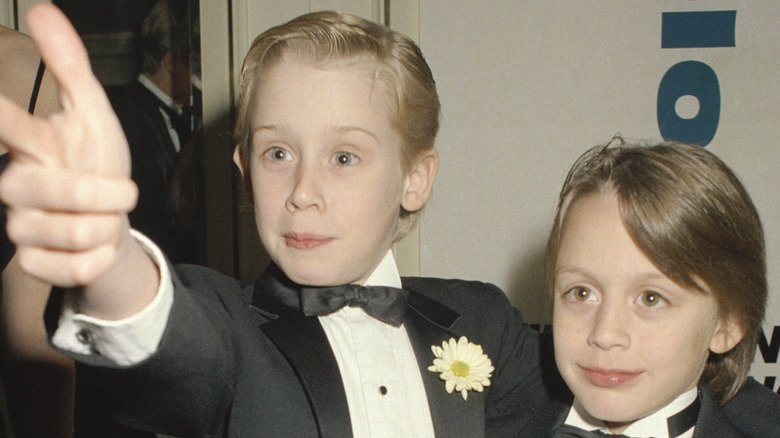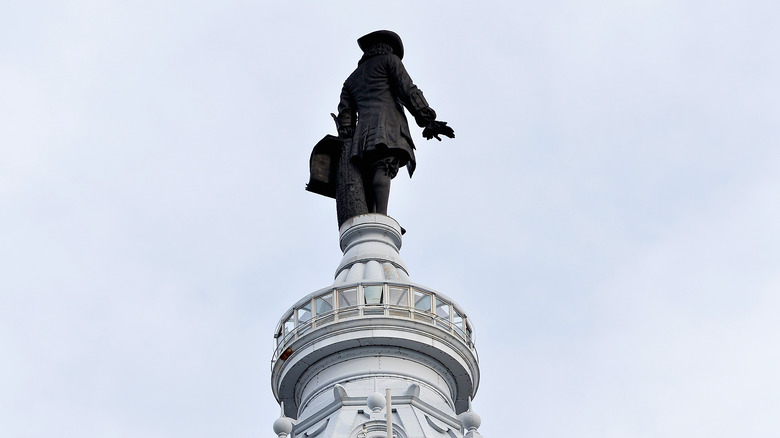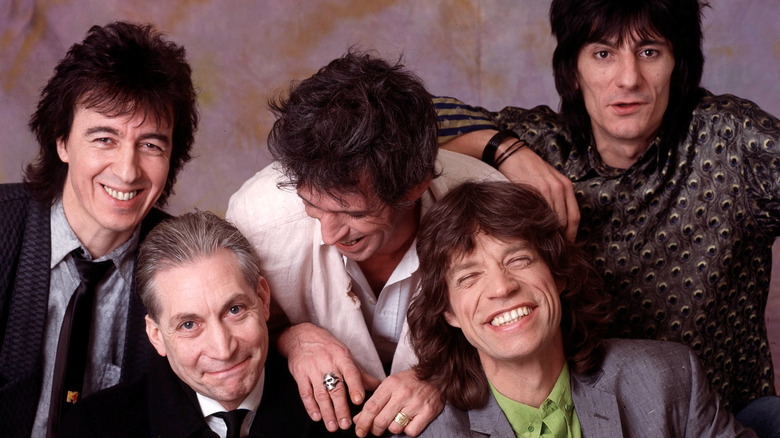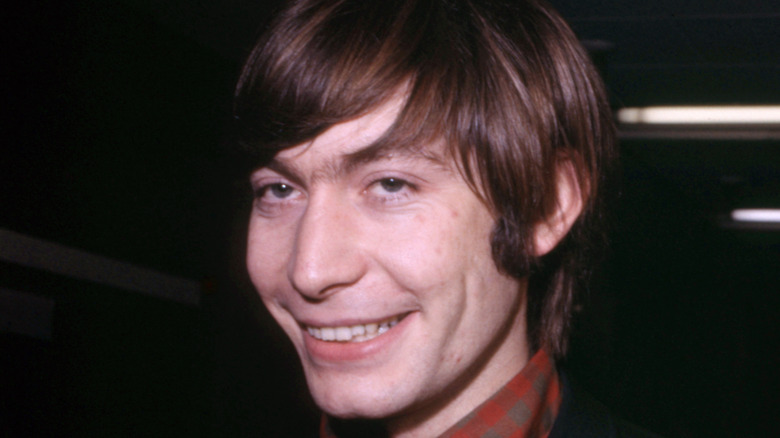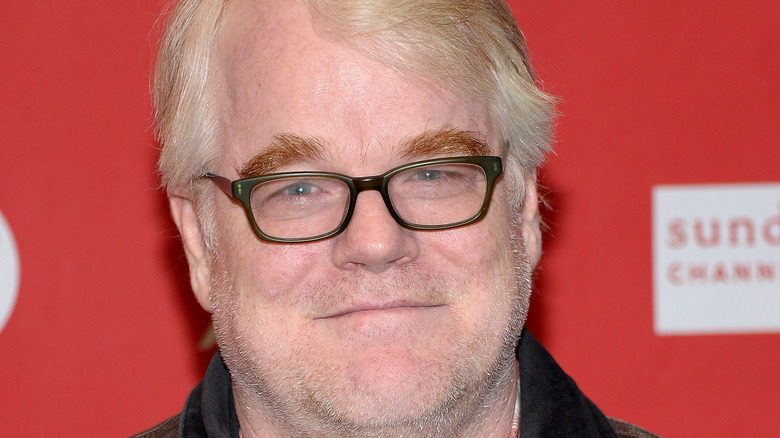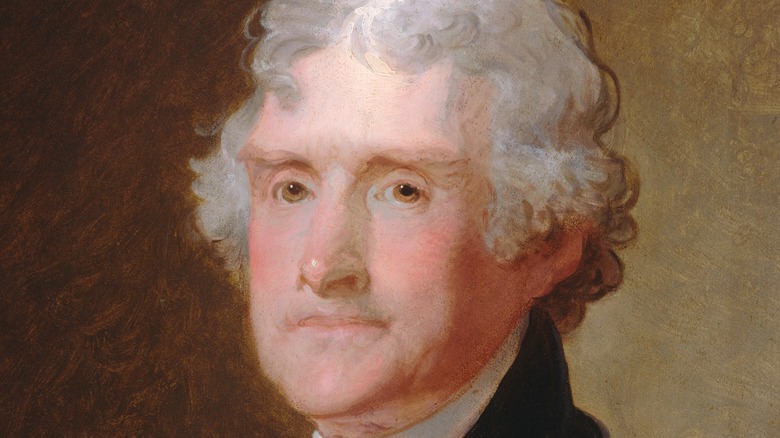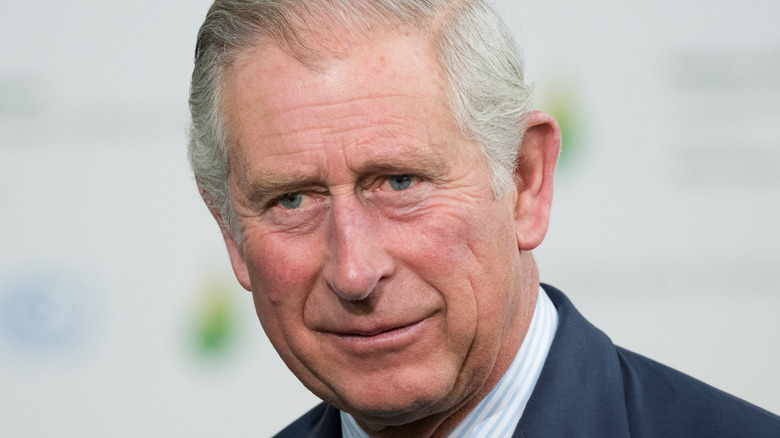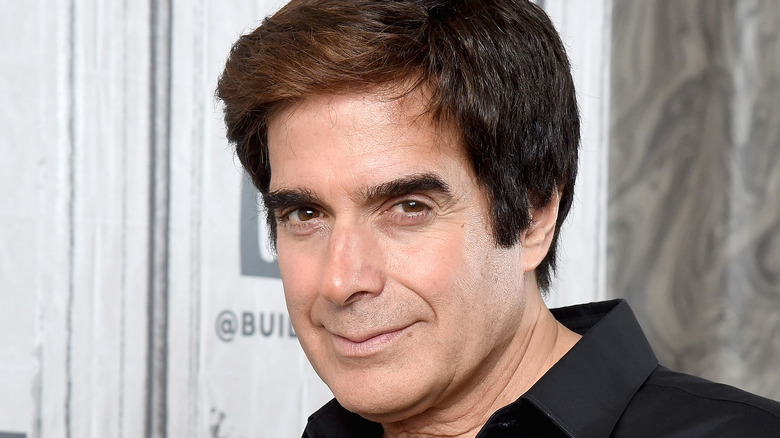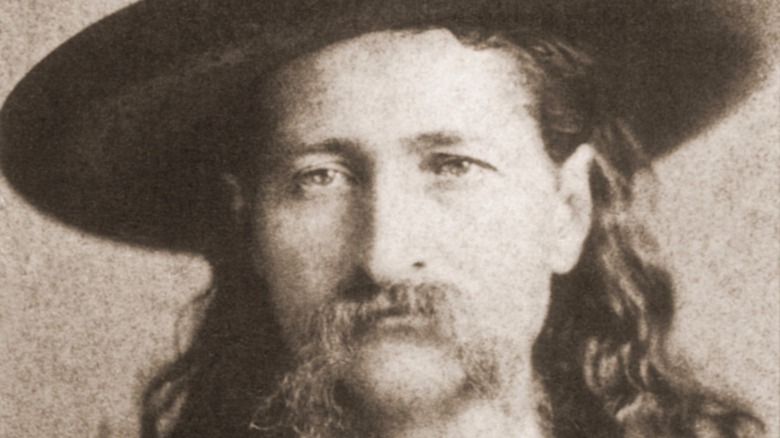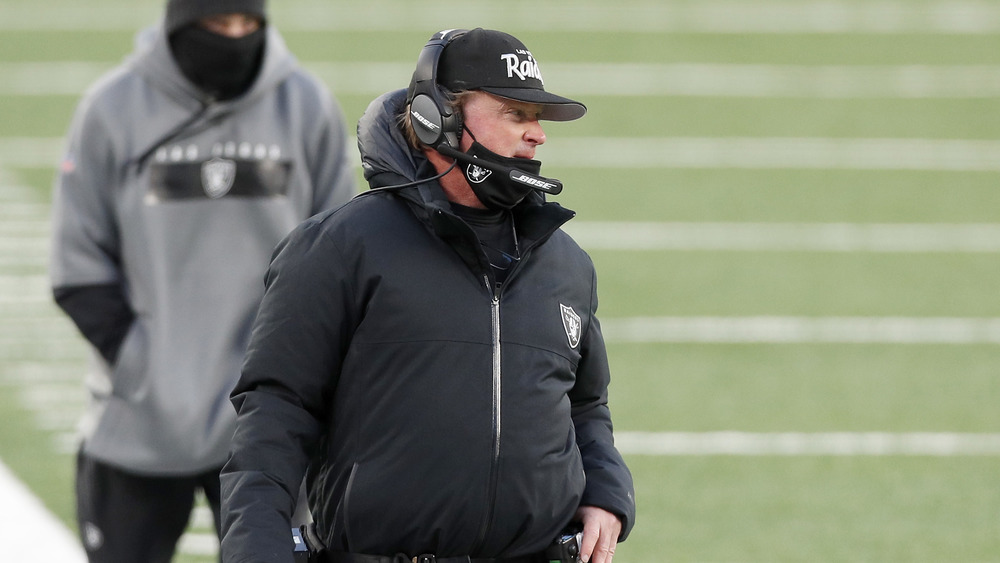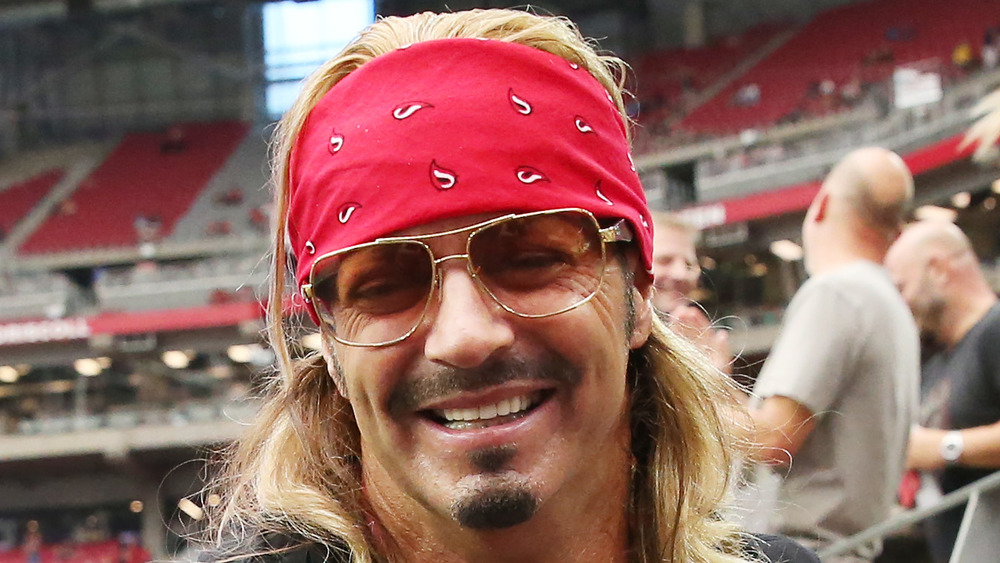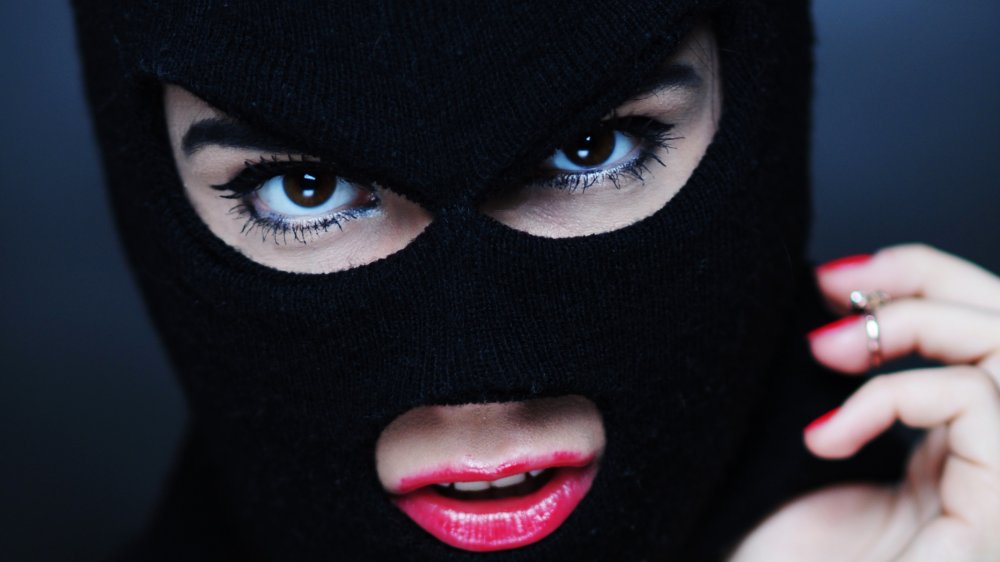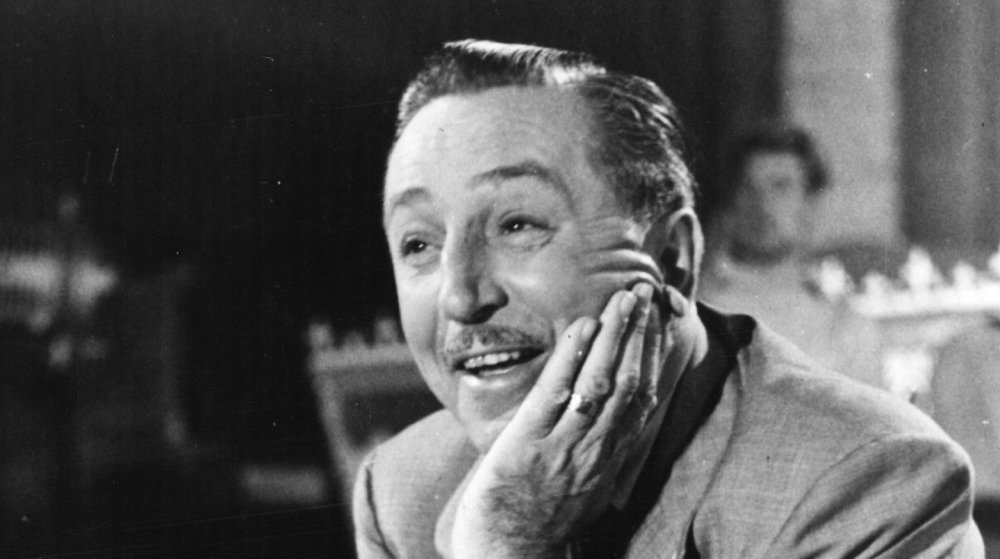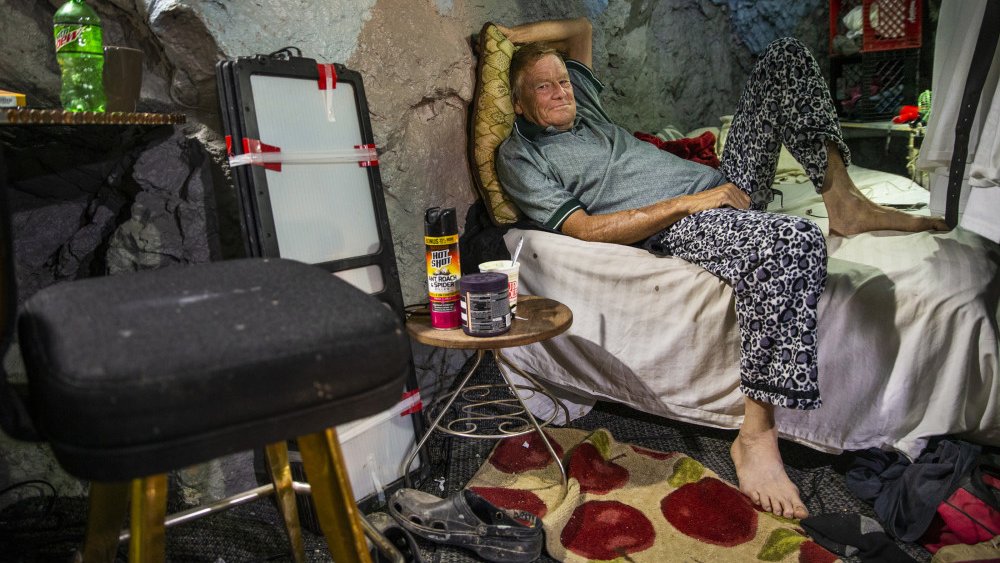
TV Shows That Angered Religious Groups
Sometimes, it feels like we really can’t go a week without hearing one conservative, religious media watchdog group or another start yelling about their issues with a TV show or a movie. Maybe an “anti-Catholic bigot” has written a show disrespecting religion (that one’s actually a specific complaint, not just a generalization), or maybe there was a same-sex kiss on screen (the number of complaints in this vein is truly astounding).
To put it plainly, there are a bunch of times when these groups cried “blasphemy!” at the TV, with many of those examples being fairly recent (post-2010 or so). That being said, it’s not like those same groups weren’t around before then; they’ve been making noise for decades, and their hordes of boycotts and protests have had varying degrees of success. Sometimes, networks and sponsors have heard their criticisms and pulled back their support, but other times, they’ve just been ignored entirely, with shows continuing on as if nothing happened.
There have also been some clear recurring themes and players throughout these complaints — you’ll probably start recognizing a lot of the same general arguments from the same organizations as you read through this list of TV shows that angered religious groups.
Lucifer humanizes the devil
At the time of writing, the TV show “Lucifer” is in the news for some pretty exciting reasons: a new trailer dropping for its sixth and final season, just in time for its September 2021 release date (via Digital Spy). This fun police procedural about the devil himself taking a break from hell for a vacation in Los Angeles is about to come to its conclusion after a pretty eventful run. A run that included a cancellation, a fan campaign to save the show (via Cinema Blend), and some pretty heated backlash right from the get-go.
This is a show about the devil, after all, so the religious group One Million Moms got up in arms over it. Right from the start of Season 1, it demanded that FOX drop the show, per TV Series Finale, saying that the show “glorifies Satan as a caring, likable person in human flesh.” It took offense to how “cool” the show made Lucifer seem, with the devil portrayed as a suave and smooth-talking nightclub owner. Aside from its problems with the portrayal of the titular character, it also wasn’t a fan of the violence, or the presence of scantily clad women in an LA nightclub.
But that didn’t do much, and in March of 2021, Neil Gaiman — the original creator of the comic book character on which the show is based — tweeted One Million Moms, thanking the group for its boycott and saying it was “like a magical guarantee that it will blossom and grow.”
Preacher apparently mocks Christianity
AMC’s comic book-based show “Preacher” has definitely got all the makings of a show that would turn the heads of religious groups. A Season 1 summary provided by Collider gives you a descend enough idea of why: a good dose of gore, a vampire with a taste for drugs as well as blood, an uninspired ex-outlaw of a preacher who ends up with magic powers of persuasion, you get the picture. Oh, and God literally goes missing at one point. Not metaphorically. Literally.
So, yeah, doesn’t seem like it would gain a lot of points with the religious crowd.
The Christian League decided to step onto the scene, taking issue with a “grotesque sex scene” that was an “assault on the sensibilities of all Christians.” Said scene came from the episode “Dirty Little Secret,” and the Christian League pointed to an article by the media watchdog site mrcCulture to explain its problems. Namely, the episode opens with “Jesus Christ having gratuitous sex with a married woman” — the kind of sex scene you’d expect from a show with a mature rating. Besides that, the show also includes a descendant of Jesus whom the site describes as “a mentally handicapped result of inbreeding” (pictured above).
Should Netflix cancel Good Omens?
The six-episode series “Good Omens” — an adaptation of the 1990 novel of the same name, written by Neil Gaiman and Terry Pratchet — was released on Amazon Prime in 2019, and revolves around an angel and a demon teaming up to save the world and prevent an apocalypse (via IndieWire). That’s the story in a very condensed nutshell.
Some religious viewers weren’t enthralled with the story, with thousands signing a petition by the Return to Order campaign. Per The Guardian, the group claimed the show “made satanism appear normal, light and acceptable.” It took issue with God being voiced by a woman, the antichrist being “a normal kid that has special powers,” and the simple fact that “an angel and demon are good friends.” According to the organization, the show “mocked God’s wisdom,” so it wrote a petition to Netflix, demanding that the show be canceled.
If you’ve paid attention, maybe you’ve noticed something funny. Maybe you’re wondering, “Hey, wasn’t this released by Amazon? Not Netflix?”
And you’d be right! The group pointed fingers at the wrong company. Gaiman was amused, tweeting “I love that they are going to write to Netflix to try and get #GoodOmens cancelled. Says it all, really.” Netflix also got in on it, tweeting “ok we promise not to make any more.” That brought Amazon into the fun, tweeting that they’d cancel “Stranger Things” (a Netflix property) if Netflix cancelled “Good Omens” (via Forbes).
A little fact-checking really goes a long way, doesn’t it?
Black Jesus is satirical
Just based on the title of this TV show, it’s probably not all that hard to imagine why “Black Jesus” would end up ticking off some religious audiences. The show centers around an African American Jesus in the city of Compton, who “tries to spread love and kindness… but ends up getting shot at, carjacked and punched in the face” according to the New York Daily News. The Adult Swim show features plenty of violence, drugs, alcohol, and swearing.
The response from some Christian groups, including One Million Moms, is what you’d expect. They called the show a mockery of their faith and generally lashed out against the inclusion of drugs and alcohol. They wanted the show dropped immediately, calling for a public apology in response to what they saw as blasphemy. According to USA Today, some pastors and bishops have spoken out against the show, sometimes specifying that they don’t necessarily want the show cancelled, but pointing to it as a sign of moral decline in younger generations. They have also cited the general decline in religious affiliation in young adults over the years, claiming it to have an overall negative effect nationwide.
But supporters of the show — as well as its creators — explain that the show is satirical and not meant to be taken literally. It was created as a way to take a look at moral issues in the modern day, as well as how people react to those issues.
Religious groups got their way with The Book of Daniel
NBC’s 2006 show “The Book of Daniel” was pretty short lived and fraught with issues. The show, in a broad sense, dealt with an Episcopal minister who was questioning his faith, and it aired to somewhat mixed reviews and audience numbers that left a lot to be desired (via CBS News).
A number of Christian groups called the depiction of Jesus blasphemous, with the American Family Association claiming that the network harbored an “anti-Christian bigotry.” Several NBC affiliate channels refused to air the show.
The Catholic League also chimed in with its opinion. It criticized the writing of the show itself, calling it “moronic,” despite glowing reviews from major news outlets. (To be fair, a review from the New York Times is also less than positive, effectively calling it bland and a bit unoriginal. But you’re probably here for the religious backlash, not an analysis of narrative structure.)
The Catholic League disliked “the desire to paint this Christian family as totally dysfunctional” — some family members use or deal drugs, and others commit crimes (not even counting some ties to the Mafia). Another part of that same criticism includes the phrases “one son is a homosexual” and “the sister-in-law is a bisexual,” and ends in general complaints against Hollywood’s “almost uniformly positive portrayal of homosexuals.” Obviously, the organization wasn’t a fan of “The Book of Daniel” featuring non-heterosexual characters, so the show’s cancellation was a win to it.
Nothing Sacred wasn't sacred enough
Sometimes, religious groups go after TV shows that are made with the obvious intent to poke fun at religion, but other times, they’ll get incensed by shows that dare not to completely glorify religion. The latter seemed to be the case with the short-lived 1990s show “Nothing Sacred.” As described by America Magazine, the show gave insight into the realities of working in an urban parish. Created by a Jesuit priest, the show worked to make its characters feel like real people — not perfect just because of their belief, but flawed and struggling in their own ways, whether that be trying to reconcile tradition with change, or dealing with resurfaced abuse allegations.
Religious organizations including the Catholic League weren’t so enamored with the portrayal, though, and moved to protest the show, going after its sponsors and trying to get it off the air. They said that it glorified dissenting Catholics while vilifying those who remained loyal, “denigrat[ing] the official teachings of the church by unfavorably contrasting them to the trendy positions of dissenting Catholics” (via the Washington Post).
Ultimately, they did have some success — their boycott convinced ABC not to air at least one episode (which would have included a gay priest diagnosed with AIDS — dedicated to a friend of the creator who had died of the disease). Despite what the Catholic League claimed, not all Catholic groups hated the show, with one Catholic publication even calling it “in short, brilliant,” as reported by the Washington Post.
Miracle Workers spoofs God
If you’re looking for some pretty bizarre humor, then “Miracle Workers” might be for you. The anthology series gives its cast some really quirky comedy to play with, set in different historical settings depending on the season (as of writing, the show is set on the Oregon Trail, though it has also played around with the Middle Ages). Season 1 takes place in Heaven Inc. with a lazy (but strangely genuine) God and his overworked staff of angels, who don’t care much for the corporate machine (via Variety).
That’s the set up, so lo and behold, One Million Moms had something to say about it, starting up a petition. In that petition, the Christian group called the comedy a “blasphemous spoof” and “clearly a mockery,” with God as “a drunken whacko who is determined to destroy the world.” One Million Moms argued that the show on the whole was just a poor representation of the Christian faith, accusing it of being misleading and just generally in bad taste. It wouldn’t accept “sacrilegious programming” like this and called on people to speak out against it.
Here’s the funny part, though. The petition reads like it was meant for television network TBS, demanding that the show be pulled from the air, right? Well, the petition was actually called “Urge Subaru to No Longer Sponsor ‘Miracle Workers'” — it wasn’t a call to cancel the show, but a request that Subaru pull its financial support instead.
Soap was pretty controversial
The 1970s ABC show “Soap” had a pretty storied run, to put it lightly. The show opened pretty immediately to controversy, with an article written before the actual premiere incorrectly claiming that it included a scene of a priest being seduced in a confessional (via USA Today). That didn’t happen, but it was just the started of the controversy. “Soap” wasn’t afraid to dig its hands into some touchy topics. Rape, gender-reassignment, racism, adultery, sex — that’s just the tip of the iceberg. And all of that on top of having a gay man as its protagonist.
In a completely expected turn of events, conservative Christian organizations (and network censors) didn’t like the show and its themes. According to the New York Times, various groups derided the gratuitous use of sex in the show, urging followers to watch the first episodes then write into their local stations about their opinions (actually a pretty reasonable approach, especially compared to other similar situations as described by the Washington Post).
To these groups, it was a moral obligation to hold stations responsible for what they aired, especially considering children could potentially see the show as well, given the time it aired at. (Surprisingly, there weren’t as many criticisms about having a gay protagonist, at least from religious groups, though Billy Crystal did receive homophobic insults from random strangers, as reported by the New York Times).
Nonetheless, despite its rocky start, the show managed to become a pretty big hit, running for four seasons and winning several Emmys (via IMDB).
Star vs. The Forces of Evil showed a same-sex kiss
Disney has started to make the move toward more LGBTQ representation on screen. The show “Star vs. The Forces of Evil” has the distinction of being the first animated show on the Disney Channel to feature a same-sex kiss, a small moment among a montage of other kisses, but a nice little moment of representation.
Or not, if you’re the watchdog group One Million Moms, which was infuriated with Disney’s decision to be “politically correct versus providing family-friendly entertainment” (via Huffpost). The group sees Disney as “the last place parents expect their children to be confronted with content regarding sexual orientation,” saying that the inclusion of gay characters is now “extremely common and unnecessary.” It’s basically just the argument that LGBTQ characters on screen are inherently too confusing and adult for children to understand — that sort of thing that gets spouted on a fairly regular basis.
Strangely enough, this whole ordeal happened around the same time that Disney announced a gay character in the live-action “Beauty and the Beast,” and the group was incensed enough that it ended up doing more than just writing petitions. Instead, it made its own animated show. A “very heterosexual TV show,” according to PinkNews. One Million Moms called its show “Ryan Defrates: Secret Agent” a response to “negative influences that flood the airwaves,” saying that it would “introduce spiritual truths in a fun way.”
The show wasn’t picked up by any network and went straight to DVD.
Muppet Babies touched on gender identity and expression
Truth be told, it feels kind of inevitable that we’d end up covering religious backlash to gender identity. One recent target of that criticism is Disney Junior’s “Muppet Babies” series. According to Screen Geek, one episode features Gonzo, one of the male muppets, wanting to dress as a princess for a party, despite being told that the male characters had to dress as knights. Gonzo wears the dress and becomes Gonzorella, and the episode ends with a message of love and acceptance, leading to a lot of positive responses from transgender rights activists.
But some, including the Catholic League, had a whole lot to say in disagreement, and, frankly, if you’ve heard any of the arguments against transgender rights, then you’re probably pretty familiar with a lot of this. There are the usual implications that transgender identities are unnatural and “abnormal,” just a case of “pretend[ing] that you belong to the opposite sex.” In general, there’s an underlying implication that transitioning or gender nonconformity of any kind is problematic.
In effect, the Catholic League argues that discussions of gender identity are dangerous to kids — according to it, Disney is “encourag[ing] kids to reject their sex” and thus lying about being family friendly. In its statement, the group labels the “Muppet Babies” plot as “child abuse” before questioning the morality of major news networks for not getting as up-in-arms about it as they have.
LGBTQ themes in Steven Universe
“Steven Universe” broke ground in a lot of ways. Seriously, there’s a lot of stuff about this show that’s worth looking into, but you’ll just have to make do with the basics for now. Per the Los Angeles Times, the animated fantasy show addresses a bunch of themes that hadn’t been in childrens’ TV before and includes tons of recognizably queer-coded characters. For example, many characters are biologically sexless, despite being coded as female — nonbinary women, in other words. It featured an “interracial, queer-coded relationship” that culminated in the first same-sex proposal and wedding for Cartoon Network, providing representation to queer kids.
And of course, One Million Moms disagreed with all of that, sending a petition to Cartoon Network to protest the network’s support of LGBTQ Pride Month.
“Steven Universe” was actually just one of the things the group was angry about, also citing a kiss between two women in “Adventure Time,” as well as a lesbian couple in “My Little Pony: Friendship is Magic” (the latter of which didn’t air on Cartoon Network, but they mentioned it nonetheless). According to them, Cartoon Network was pushing the “LGBTQ agenda” through its ads, tweets, and shows, making its claim as “the best in original, acquired, and classic entertainment for youth and families” false, since it contradicted with the group’s view on sexuality. In other words, One Million Moms disagreed with “the network’s attempt to normalize same sex marriage” and wanted others to voice that same disapproval.
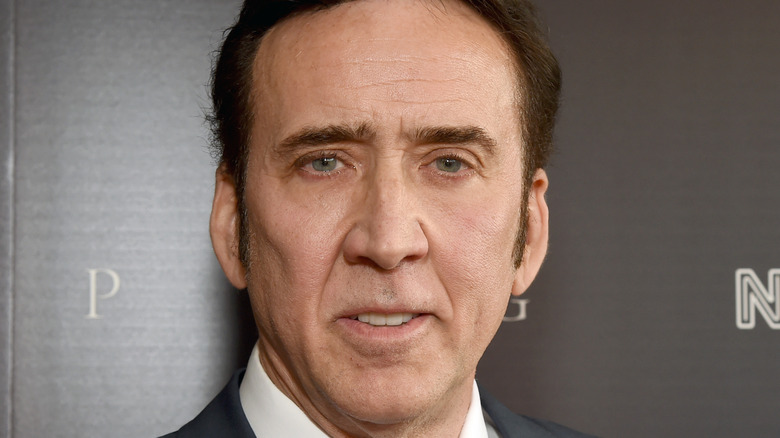
Why Some People Are Convinced Nicolas Cage Is Immortal
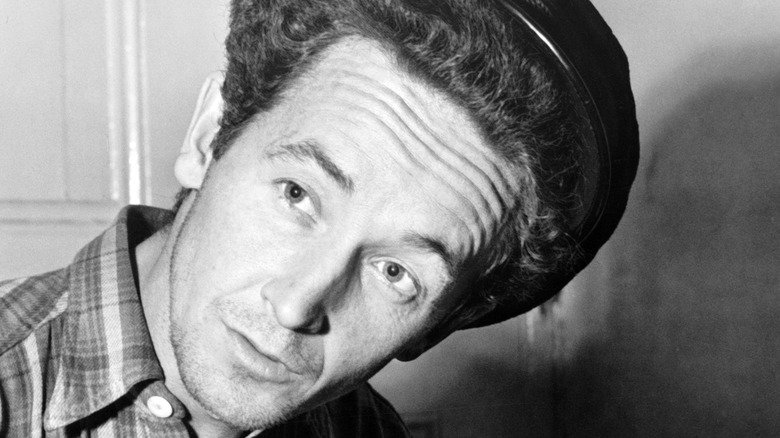
Why The FBI Kept Files On Woody Guthrie
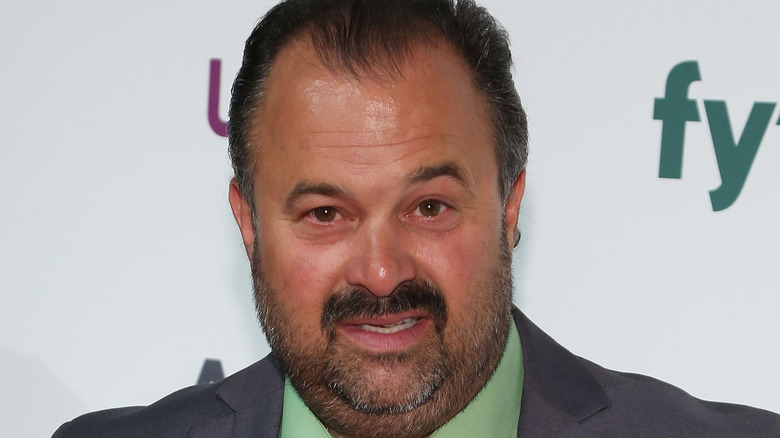
The Time Someone Sued American Pickers' Frank Fritz
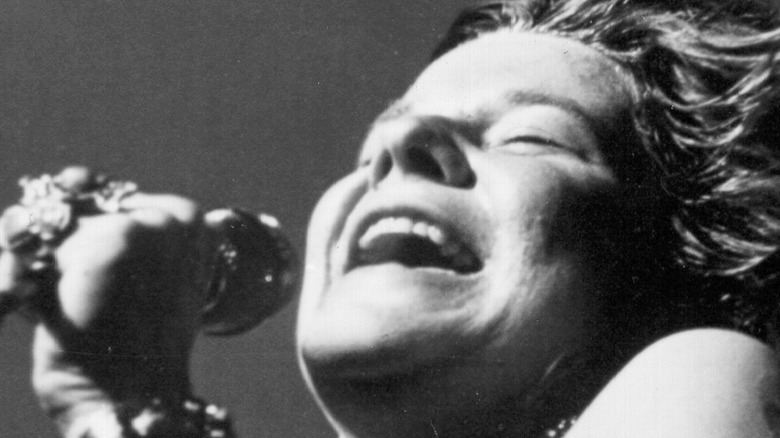
Disturbing Details Found In Janis Joplin's Autopsy Report
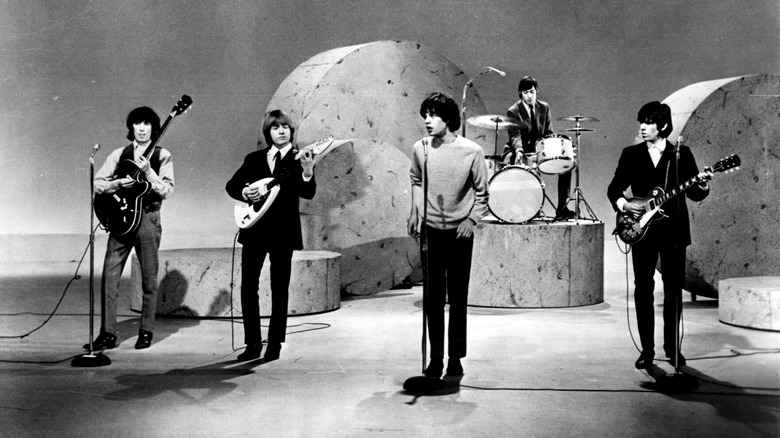
Why The Rolling Stones Were Once Censored On American Television
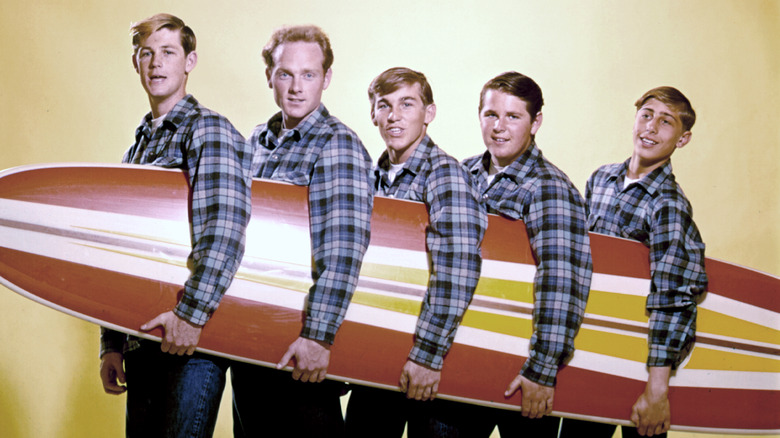
The Untold Truth Of The Beach Boys
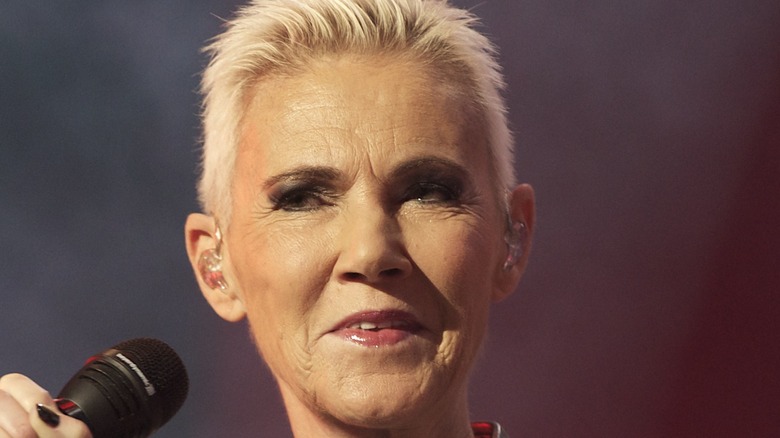
The Tragic Death Of Roxette's Marie Fredriksson
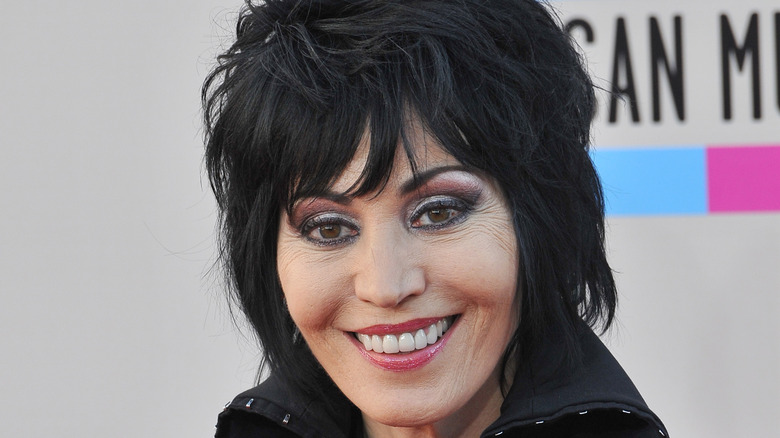
How Joan Jett Got Started In Music
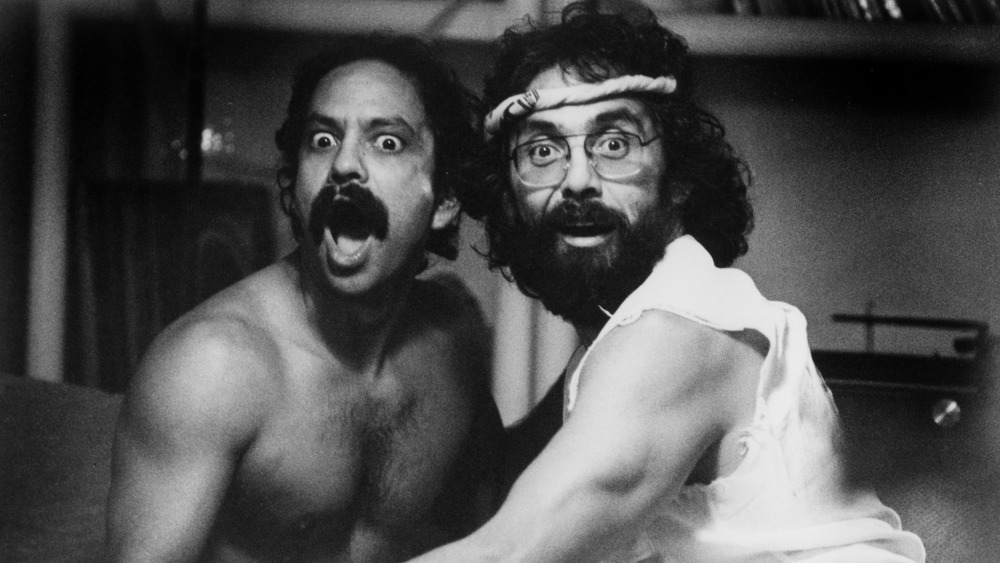
The Real Reason Cheech And Chong Split Up
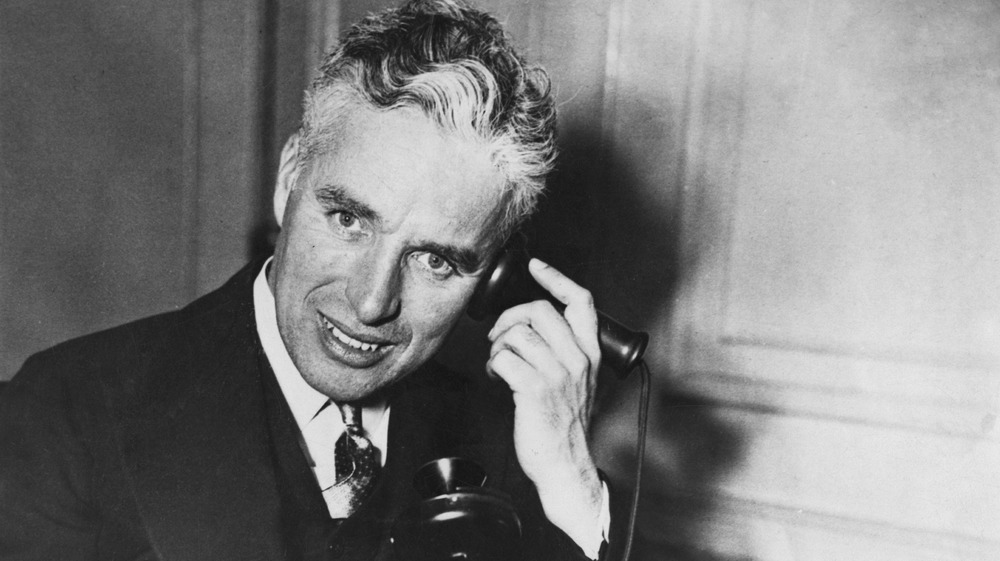
Why Charlie Chaplin Was Often Despised When He Was Alive
